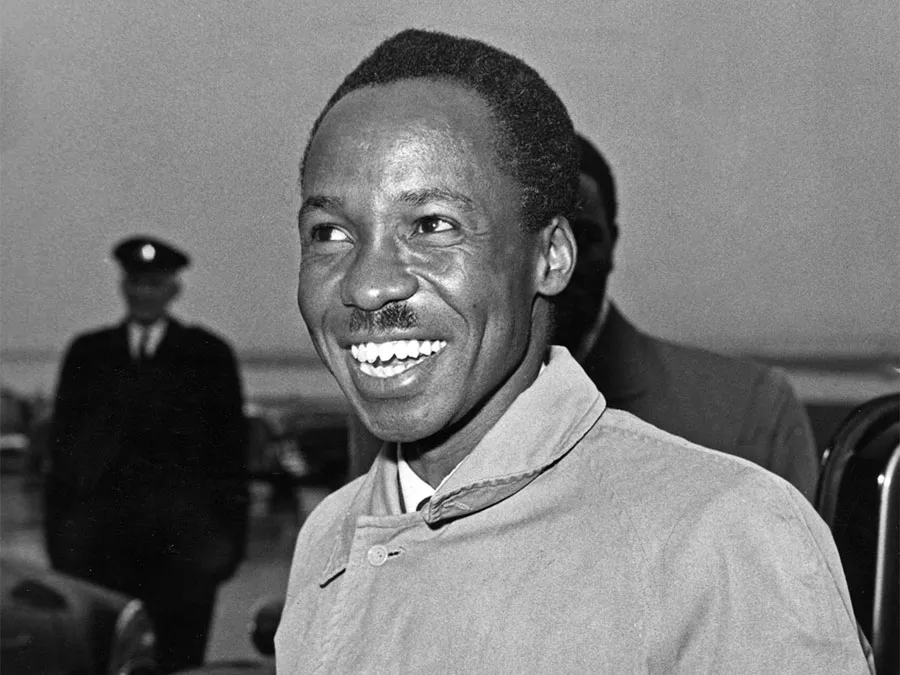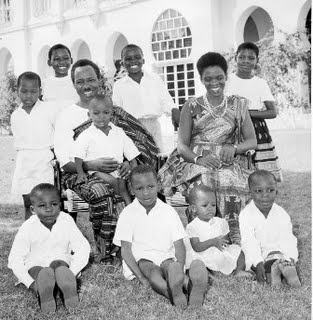Julius Nyerere, also known as Mwalimu (Swahili for “teacher”), was the first President of Tanzania, serving from the country’s founding in 1964 until his retirement in 1985.

Born on April 13, 1922, in Butiama, Tanganyika (now Tanzania), Nyerere played a pivotal role in the country’s struggle for independence and its subsequent development.
EDUCATION
Nyerere, a Zanaki ethnic leader, was educated at Tabora Secondary School and Makerere College in Uganda. He converted to Roman Catholicism and taught in Roman Catholic schools before attending Edinburgh University. He was the first Tanganyikan to study at a British university and graduated with an M.A. in history and economics in 1952.
MARITAL STATUS
Mwalimu Nyere married Maria Nyerere (née Waningu Gabriel Magige) in 1953. Their union was a partnership that lasted over four decades until Nyerere’s death in 1999. Maria Nyerere supported her husband throughout his political career and played a significant role as First Lady in various social and developmental programs.

Together, they had seven children: Andrew, Anna, Magige, Makongoro, Madaraka, Rosemary, and John. The Nyerere family has continued to be influential in Tanzanian society, carrying on Julius Nyerere’s legacy of leadership and service.
POLITICAL JOURNEY
Julius Nyerere’s political journey is remarkable. He began his political career in the early 1950s, advocating for Tanganyika’s independence from British colonial rule. In 1954, he founded the Tanganyika African National Union (TANU), which played a crucial role in the independence movement. Nyerere’s leadership and vision for a united and independent Tanganyika led to the country’s independence on December 9, 1961, with Nyerere becoming its first Prime Minister.
In 1964, Tanganyika merged with Zanzibar to form the United Republic of Tanzania, and Nyerere became the first President of the new nation. He served as President until 1985, during which time he implemented his vision of African socialism, known as Ujamaa. This policy aimed to promote self-reliance, social equality, and rural development.
Nyerere was also a key figure in the formation of the Organization of African Unity (OAU), now the African Union (AU), and he played a significant role in promoting African unity and cooperation. After retiring from the presidency, Nyerere continued to be an influential figure in African politics and social justice movements until his death on October 14, 1999
Nyerere was a staunch advocate of African socialism and implemented policies aimed at achieving self-reliance and reducing dependence on foreign aid.
His vision for Tanzania included the promotion of education, healthcare, and rural development. He also played a significant role in the formation of the African Union, promoting unity and cooperation among African nations.
His legacy lives on through various institutions and initiatives that continue to promote his ideals of social justice, education, and self-reliance






